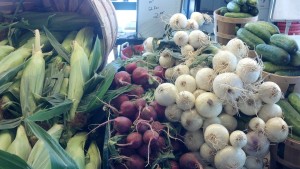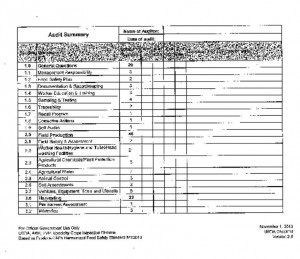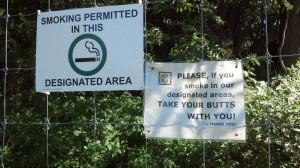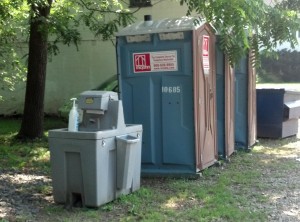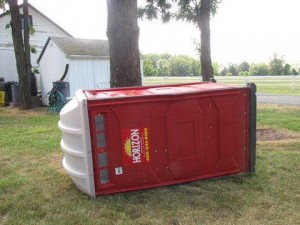Today the FDA released key revisions for:
- Produce Safety Rule
- Preventive Controls for Human Food Rule
- Preventive Controls for Animal Food Rule
- Food Supply Verifications Programs for Importers of Food Rule
The comment period on the revised provisions will open on September 29th.
